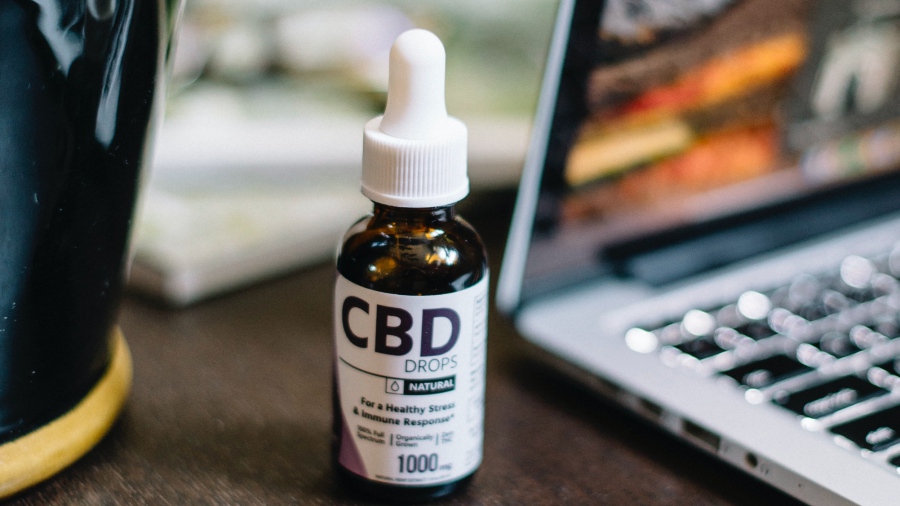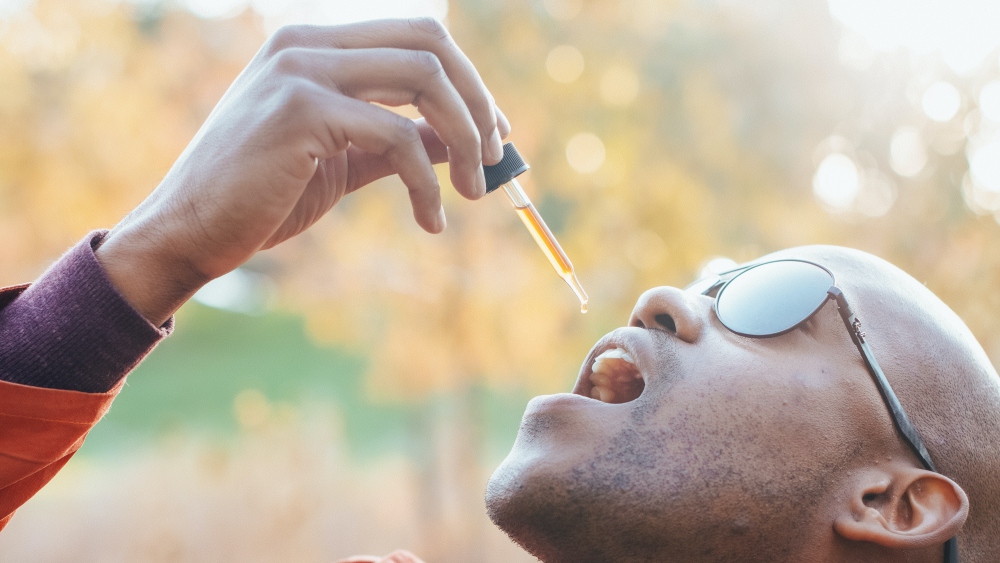CBD isolate is one of the most flexible forms of CBD, because of the production process used to extract the CBD from the plant, an extremely pure form of CBD is created. A core feature of CBD isolate is the tiny amounts of THC and cannabinoids, thus ensuring it’s legal in many countries and does not carry the strong hemp flavours and smells.
What is CBD Isolate?
CBD isolate is a crystal extract that is more often than not ground into a powder to make it easy to use in a variety of CBD products. During extraction from the cannabis plant, THC, other phytocannabinoids are removed, leaving an incredibly pure product. These crystals or powders are essentially odourless and tasteless, making CBD isolate an ideal raw material to be used in CBD products such as oil drops or face creams.
Why is CBD Isolate interesting?
Proper CBD isolate is very pure and does not contain THC, while this is more of a concern in countries (such as the US) where THC is legal, some consumers may not want any THC as it is a psychoactive substance. In the UK any CBD product has to be under 0.02% of THC content, though those that regularly undergo drugs test (sports players) may wish to use an isolate based product to ensure they always test negative for THC.
Isolate is also interesting because of its flexibility, allowing it to be mixed with various products that make consumption easier. CBD isolate can easily be integrated into food and drink as well as other sprays and creams. Blending with other products is also simpler with CBD isolate because it’s purity ensures that getting the correct amount of CBD into the product is easier than full or broad spectrum. Unlike broad or full-spectrum CBD, isolate does not benefit from multiple cannabinoids working together when applied or consumed; essentially, the user is just limiting themselves to one cannabinoid.
How is CBD Isolate made?
There are numerous ways to create CBD isolate. Firstly you need your raw material, industrial hemp. These hemp plants have mainly been bred to have lower quantities of THC, thus reducing the amount of THC that needs to be removed. The two commercially viable methods of producing CBD isolate are:
- Supercritical C02 extraction
- Ethanol extraction
The initial extraction process strips out impurities, other cannabinoids, terpenes and various other compounds. Once complete, the CBD compound needs to be split from remaining elements left over from the extraction process. This is achieved through a series of washing processes; washing utilises other chemicals and acetic acid to create a solvent solution. Following this, winterisation is applied to the mixture, cooling the extract to extremely low temperatures, further removing impurities and other plant matter. By spinning the mixture at a high number of rotations this separates the CBD compound from the solvent mix, further steps to separate the cannabinoids are then employed that require the use of chemicals, which are then removed via distillation. Finally, the remaining compound is 99% pure CBD; this is allowed to crystalise ready for use.
Uses For CBD Isolate
With CBD isolate being odourless and tasteless, CBD isolate is adaptive and can be used in many products.
Sublingual Spray
CBD isolate can easily be blended with or without a flavour additive and sprayed onto your tongue. The CBD is absorbed by the membranes under your tongue, delivering the CBD directly to the bloodstream, bypassing the digestive system and liver, this increases the speed that the CBD acts on the body.
CBD Oil drops or Topicals
CBD isolate can be mixed with a carrier product such as skin creams or massage oils. Easy to use and allowing you to directly treat an area, there are many specific CBD skin care products from tattoo care creams to facial products.
Inhalation
CBD isolate can be mixed with vape oils and flavours allowing users to vape the CBD just like any other vape oil, available in varying strengths, users are advised to speak to a reputable vape retailer before purchasing.
Ingestion
CBD isolate can be encapsulated into capsules or pills, allowing direct ingestion. Similarly, it can be blended with various food and drink products allowing users to consume the isolate and enjoy a convenient product easily. It must be noted that this isn’t the most efficient way of intaking CBD as CBD does not absorb well through the gut.
CBD Isolate in summary
CBD isolate is an incredibly pure version of CBD, while the user will not benefit from other cannabinoids found in broad or full-spectrum CBD. CBD isolate has its uses and obvious benefits for those looking to either avoid any trace of THC or have a flavourless CBD product that can be effectively blended with carrier products to aid in consumption.

